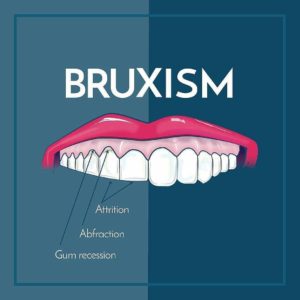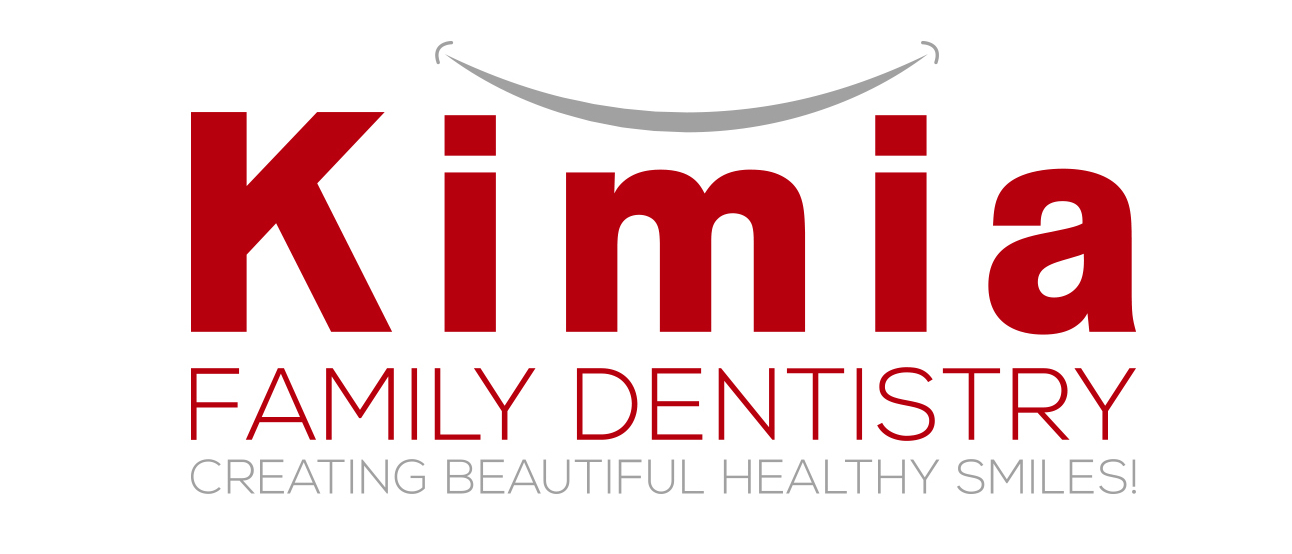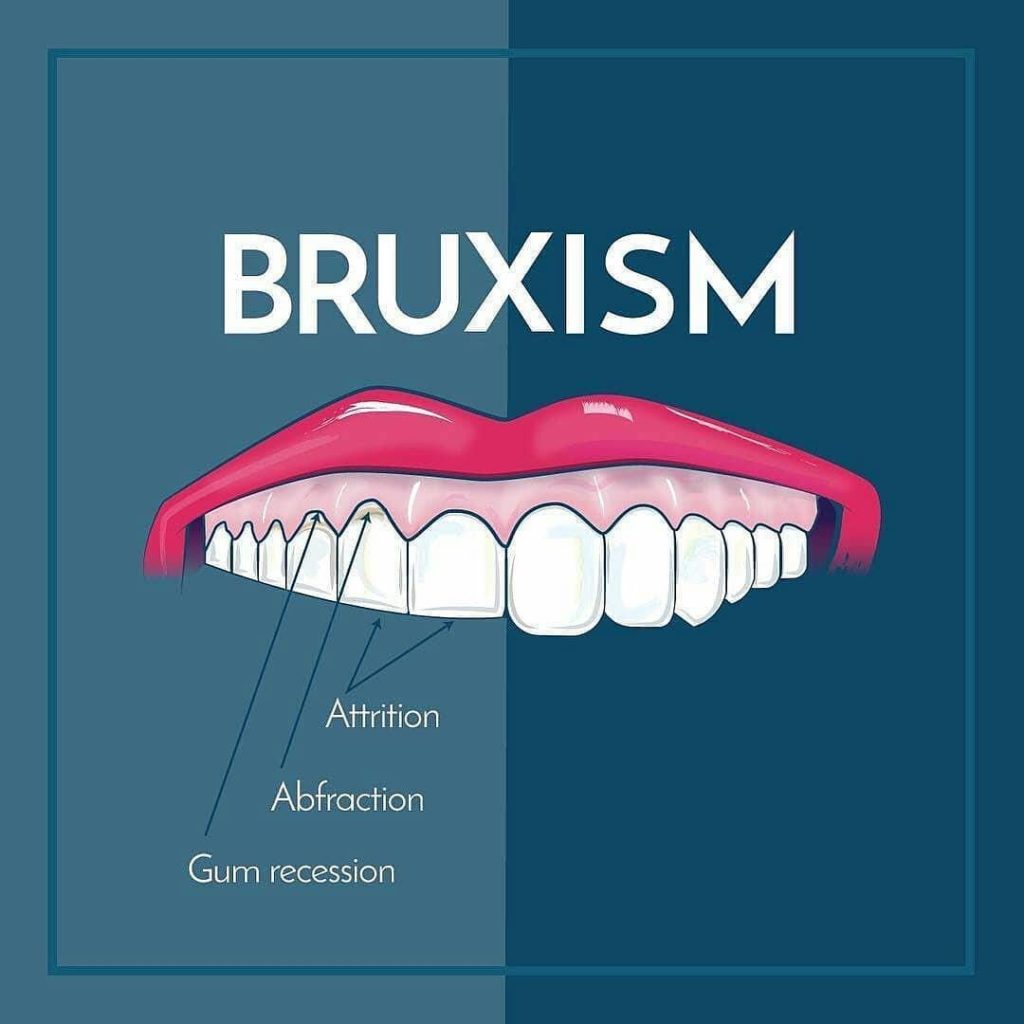According to the American Sleep Association (ASA), teeth grinding (bruxism) affects 10 percent of people and approximately 15 percent of children. The rates of bruxism lessen with age. The decrease in bruxism rates may be a result of a reflective effect, which often causes these teeth grinding issues.
Rates of bruxism are actually higher in people who have a history of grinding their teeth in their family. These bruxism rates can be as high as 50 percent in families that have this disorder. Males and females have been affected by this disorder at approximately the same rate.

In regards to children and bruxism, children are inclined to grind during two peak times in their life: When their baby teeth and permanent teeth come in. Many children stop the grinding routine when their two sets of teeth are completely in.
The cause of bruxism is often attributed to anxiety or stress. The rates of bruxism may also be higher when nicotine or caffeine is consumed prior to sleep. Oral health complications and teeth damage can arise when teeth grinding occurs on a frequent basis.
Bruxism can cause loosening, fracturing, or a loss of teeth in some circumstances. Chronic bruxism issues may result in a wearing down of teeth to stumps. There have also been cases of bruxism that were a result of sleep disorders and sleep apnea.
Since bruxism can occur frequently while sleeping, most people who have this disorder are not aware of it. Symptoms of bruxism include a constant headache or soreness of jaw when waking from sleep. In many instances, it is loved ones who end up noticing these dental disorders, which occur at night.
If you believe that you suffer from bruxism, talk to your dentist. The dentist can examine the jaw and mouth for signs of bruxism. Tenderness of the jaw or excessive wear on the teeth may be an indication of this dental disorder.
If a dentist does diagnosis one’s symptoms as being caused by constant grinding of the teeth, a bruxism treatment may involve the use of a mouth guard. A mouth guard will protect the teeth from grinding while asleep.
In addition to a bruxism treatment, stress-related dental disorders may require a doctor to address the stress and anxiety-related issues that are causing these disorders. There are other treatments that can lessen the issue of bruxism like taking courses on stress reduction and counseling, beginning a workout or exercise program, or procuring a prescription for muscle relaxants. There may also be a need for physical therapy to address these stress-based issues as well.
There are other ways to combat bruxism due to these sleep disorders. Some of these methods include reducing caffeine. By cutting out on foods and drinks like sodas, coffee, and chocolate, it can help to lessen the likelihood of bruxism occurring. Avoiding beer, wine or liquor, which has been known to increase grinding, is a key to lessening bruxism. Avoiding chewing gum, pens, pencils or things that are not food, are wise actions to take to reduce the chances of dental grinding issues.
There are other ways to tackle the issue of stress and bruxism by training oneself to not grind or clench one’s teeth. A solution for teeth clenching and grinding, which may be occurring during the day, is to place the tip of one’s tongue between the teeth. This technique is a way to train the jaw muscles to rest. An additional technique to relax one’s jaw muscles at night would be to hold a heated washcloth against one’s cheek and positioned in front of the earlobe.


